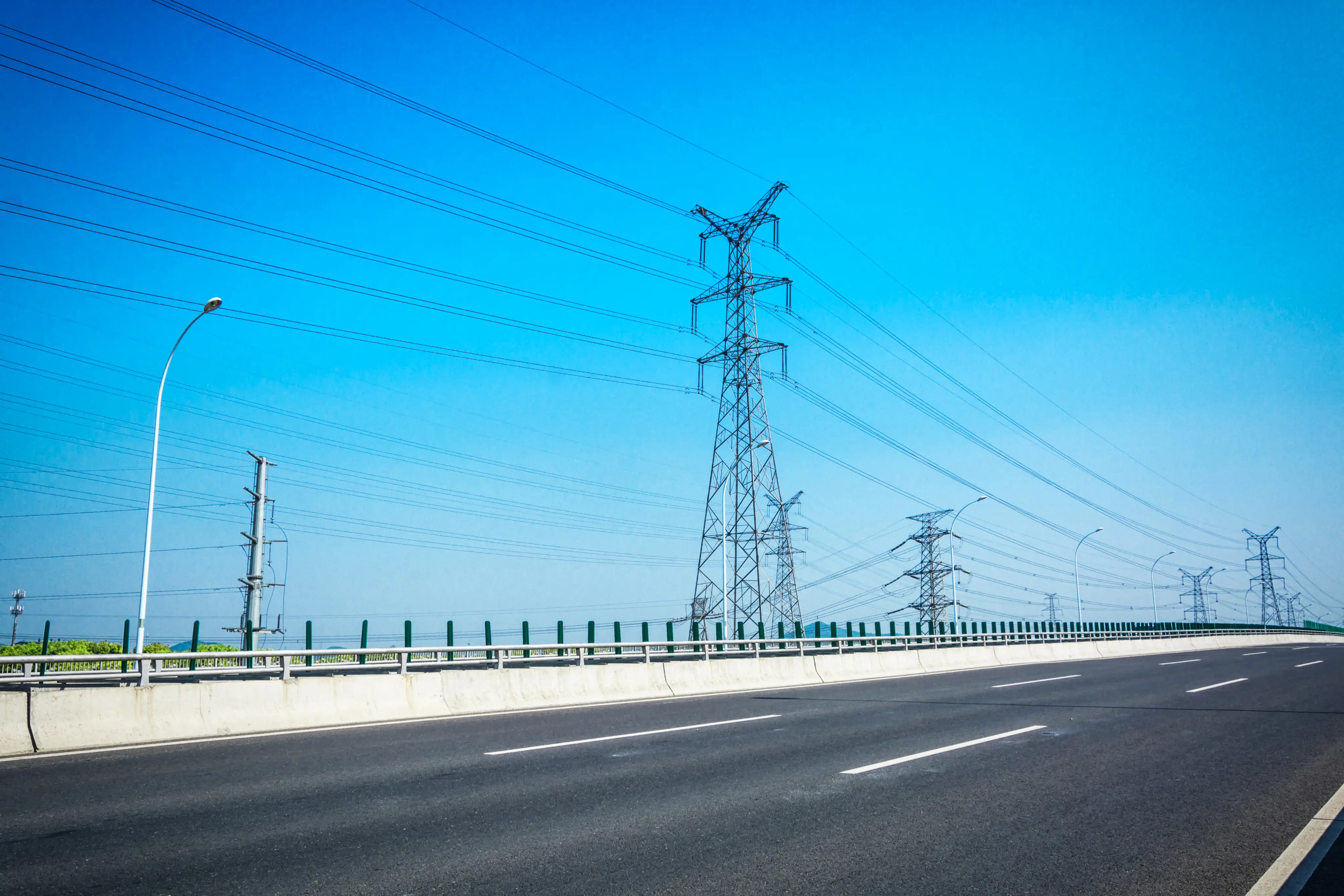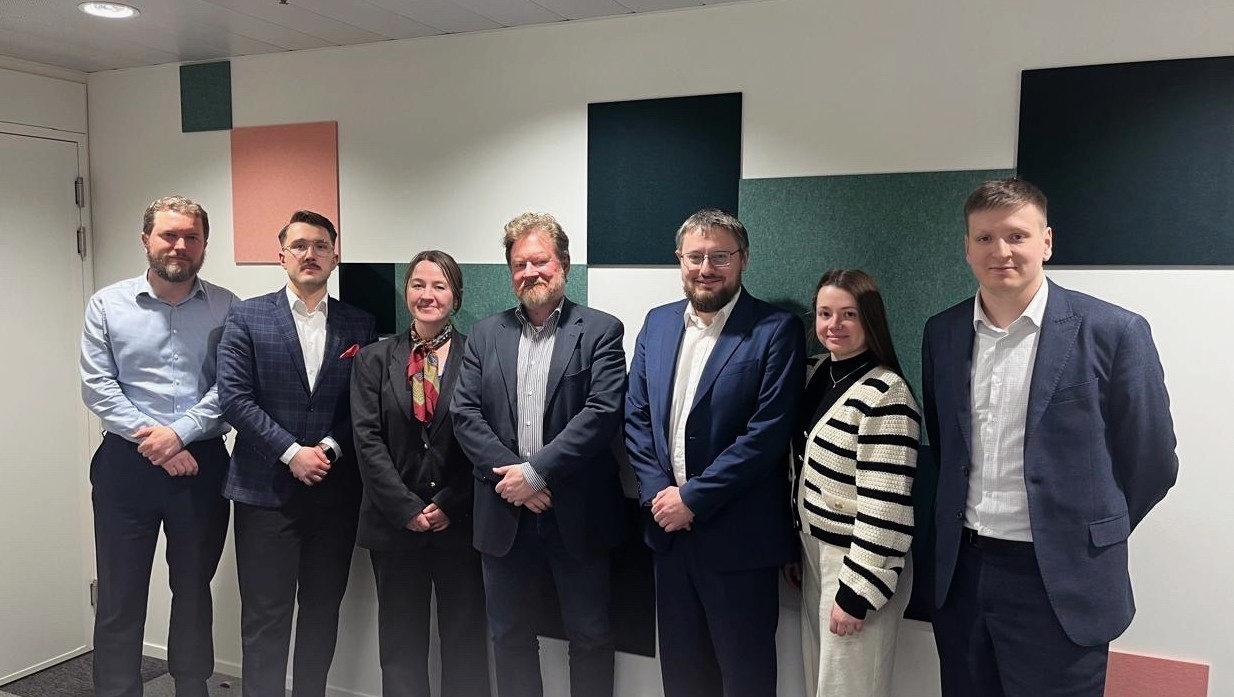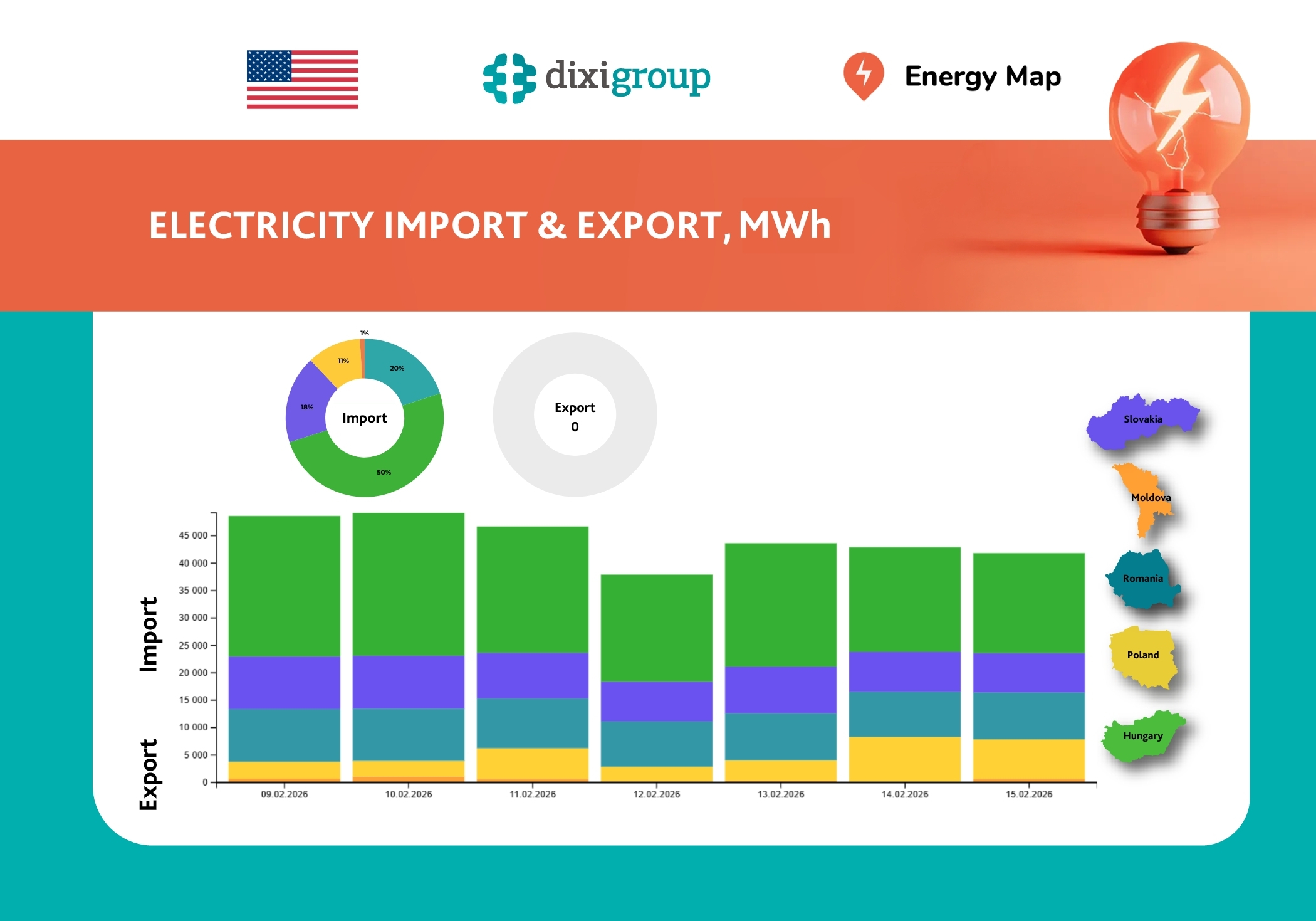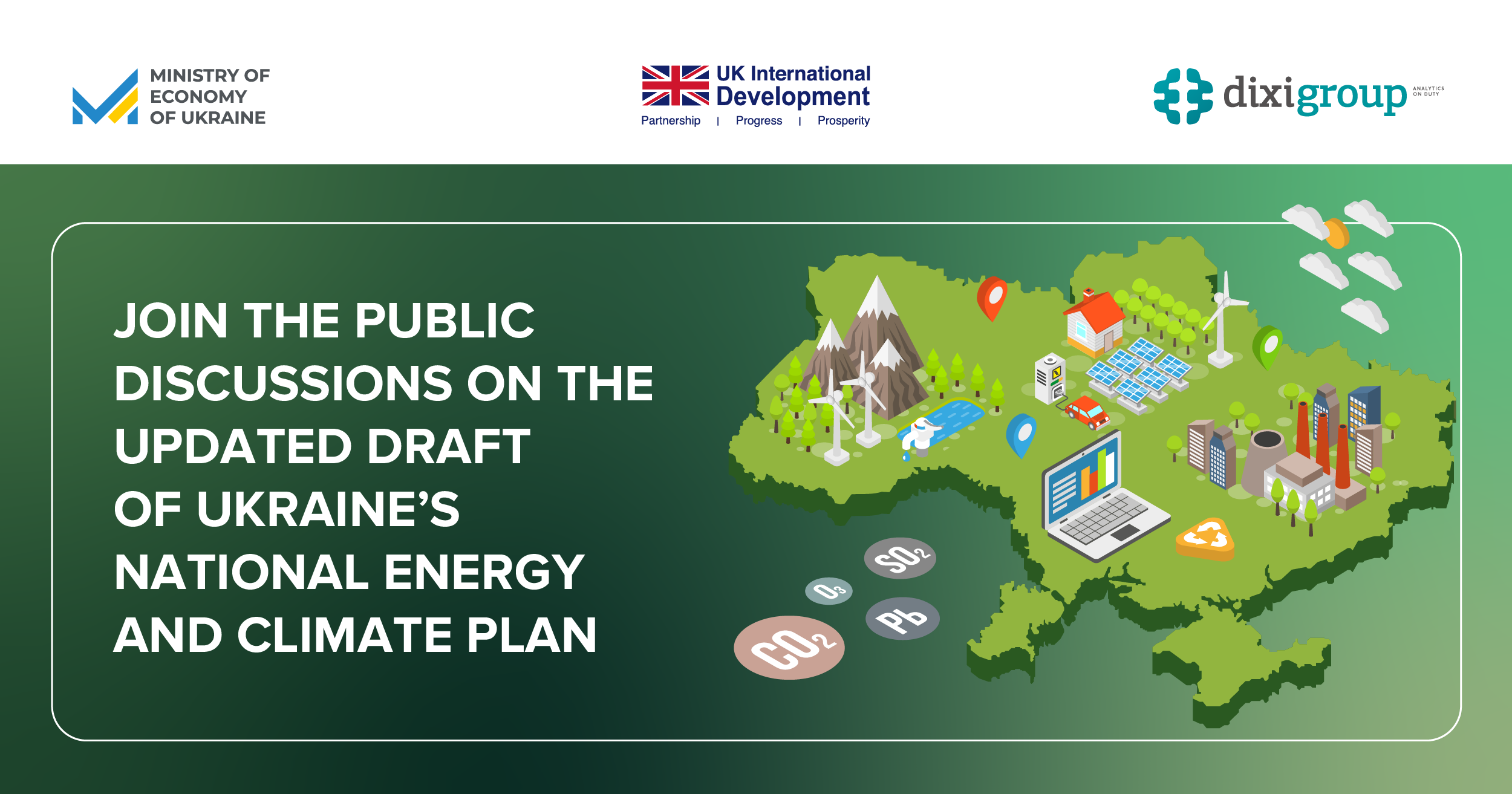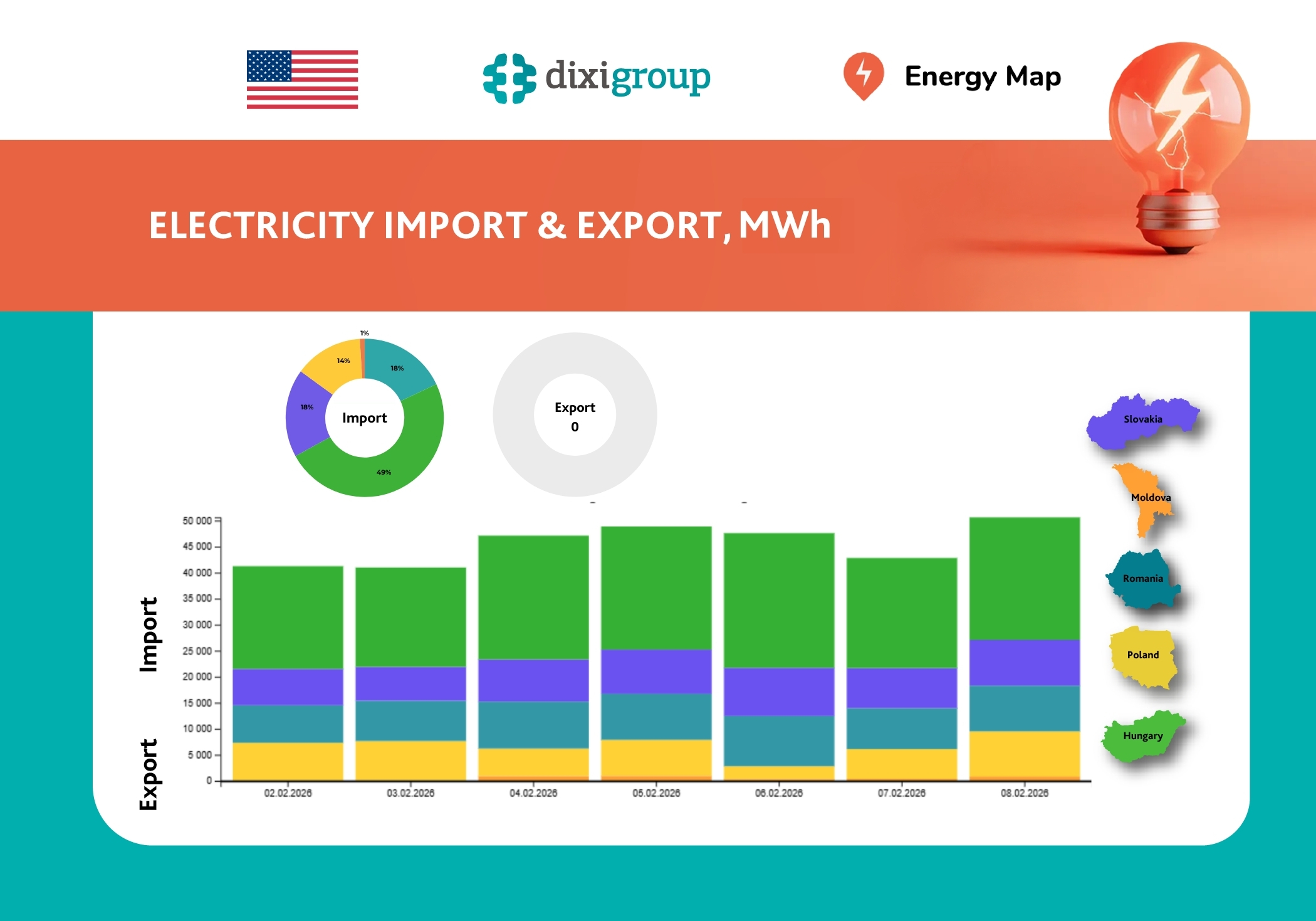A comprehensive analysis of the international operations of the state-owned corporation Rosatom was presented at the expert forum Russia’s Nuclear Industry in Times of War, organized by the Bellona Foundation. One of the central topics of the event was the role of the russian nuclear giant as a geopolitical tool — combining economic interests, political pressure, and direct support for military aggression against Ukraine.
During the forum, Olena Lapenko, General Manager for Energy Security and Resilience at DiXi Group, outlined how Rosatom is expanding its global footprint, why cooperation with the corporation poses a direct threat to international security, and what steps can be taken to stop the financing of russia’s war machine.
Rosatom’s growing presence — both economic and political
According to the analyst, the European Union’s deep dependence on Rosatom persists and remains a serious challenge.
“Nearly 40% of the enriched uranium used in EU reactors is supplied by Russia. In addition, 19 VVER reactors in Europe remain critically dependent on Rosatom’s fuel,” said Olena Lapenko.
In 2024 alone, EU countries imported over €700 million worth of uranium products from Russia. According to Lapenko, an additional threat stems from the French company Framatome’s project to establish nuclear fuel production in Germany under a license from TVEL — a subsidiary of Rosatom — which involves the use of russian technologies, licenses, and equipment.
70+ agreements in the past three years
However, Rosatom’s influence is not limited to Europe. Despite the absence of new nuclear power plant construction contracts — apart from a project in Uzbekistan — the company continues to expand its international cooperation. Over the past three years, Rosatom has signed more than 70 agreements — ranging from memoranda to intergovernmental deals — with countries in Central Asia, the Middle East, and Eastern Europe, including Turkey, Belarus, Kyrgyzstan, Serbia, and Syria. These agreements are often the first step toward real projects, frequently accompanied by “generous” financing under state guarantees — in exchange for political loyalty.
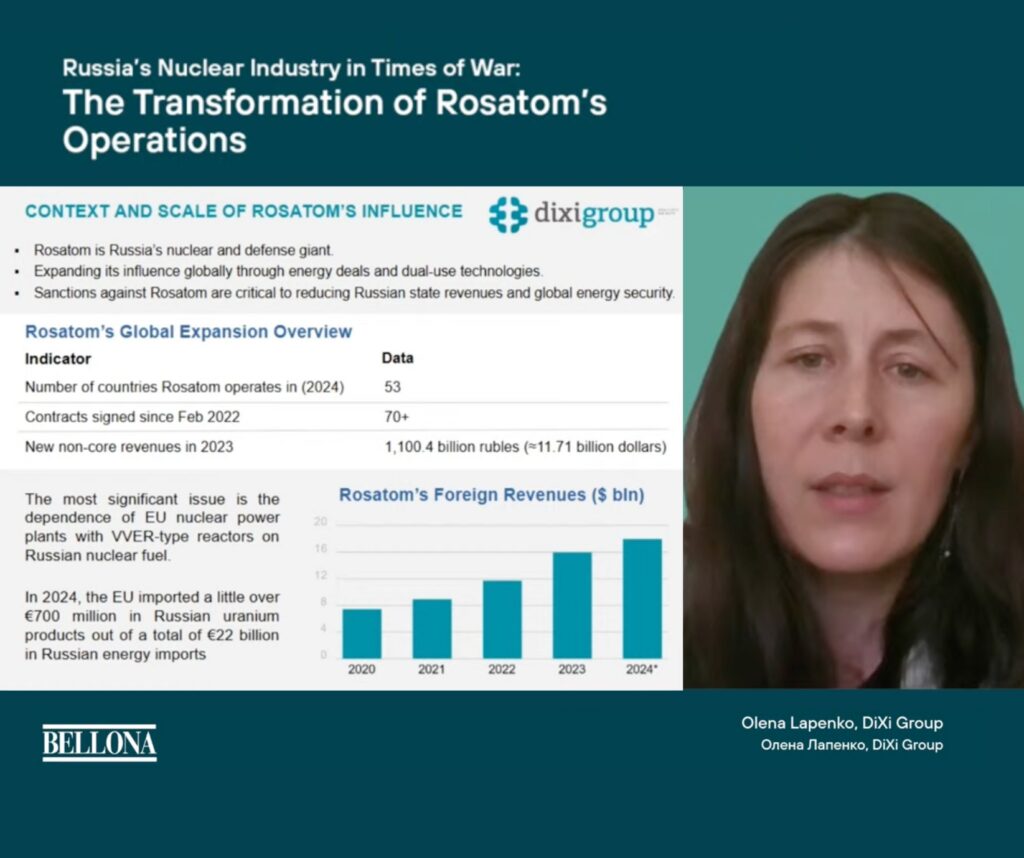
“Such deals lock countries into political dependency for decades. Moreover, many of these states either voted against or abstained from the UN resolution demanding russia immediately return full control of the Zaporizhzhya NPP to Ukraine,” Olena Lapenko emphasized.
Beyond Energy: Rosatom as Part of the War Machine
In 2024, Rosatom’s foreign revenue reached a record $18 billion — the highest figure in the past five years. A portion of this income directly or indirectly supports russia’s military-industrial complex. The corporation’s enterprises are involved in fulfilling state defense orders and producing dual-use technologies: laser systems, chips, drones, and materials for weapons.
There have also been non-core acquisitions — such as the purchase of Elbrus, a processor developer, or the increased stake in South Korean company ENERTECH, which develops sodium-ion batteries. Other subsidiaries, such as Giredmet and the Siberian Chemical Combine, manufacture materials like molybdenum trioxide or yttrium lasers, which support russia’s nuclear arsenal and weapons systems.
“Rosatom seeks dominance in critical technologies. This is not just about civilian nuclear energy. It’s about russia’s military resilience and its ability to circumvent sanctions,” said Olena Lapenko.
Influence at the IAEA — Another Tool of Leverage
Lapenko also highlighted Rosatom’s influence over the International Atomic Energy Agency (IAEA), where russian officials hold key positions — including Mikhail Chudakov, who serves as Deputy Director General. This presence provides Russia with access to sensitive information and undermines trust in international nuclear oversight. Such influence erodes confidence in the IAEA’s ability to respond to crises like the one at the Zaporizhzhya Nuclear Power Plant.
Bellona’s Position: “The Russian nuclear company Rosatom is not just another energy company”
Frederic Hauge, founder of Bellona, stated during the forum that Rosatom is a “state within a state” and a political instrument of the Kremlin:
“With a tangled web of influence, Rosatom is tightening its grip on parts of the nuclear industry across borders. At the same time, the company is actively participating in Putin’s war against Ukraine, creating the most serious nuclear safety situation in the world through the occupation of Europe’s largest nuclear power plant in Zaporizhzhya,” Hauge added.
DiXi Group Calls for Coordinated Global Action, Including:
Imposing targeted sanctions on Rosatom subsidiaries that are not critical for nuclear power plant operations — such as Giredmet, Centrotech, and other suppliers of dual-use technologies (a total of nearly 500 companies and organizations, excluding Atomstroyexport).
Halting the financing of new projects involving Rosatom, including the launch of a production line at the plant in Lingen.
Developing alternative supply chains, particularly with Westinghouse, and investing in new capacities for uranium conversion, enrichment, waste management, and domestic nuclear fuel production.
Banning the export of technologies and components for Russian-design nuclear projects to cut off access to Western innovations.
Ending technological cooperation with Russia in advanced nuclear development, including small modular reactors (SMRs).
Reducing Russia’s influence within the IAEA by removing Russian representatives from leadership positions and limiting their access to sensitive information.
Synchronizing sanctions globally — the EU, US, and partners must act in concert, particularly regarding Rosatom entities involved in military-related programs.
“The objective must be clear — to reduce Russia’s revenue and influence. Every contract, every euro spent is fuel for the regime that undermines global security. We must invest in safe, independent energy — or continue feeding the aggressor,” concluded Olena Lapenko.
Watch the full forum recording here.
This publication was prepared with the support of the International Renaissance Foundation as part of the project “Strengthening Tomorrow’s Energy Security.” The views expressed in this material belong to the authors and do not necessarily reflect the position of the Foundation.
